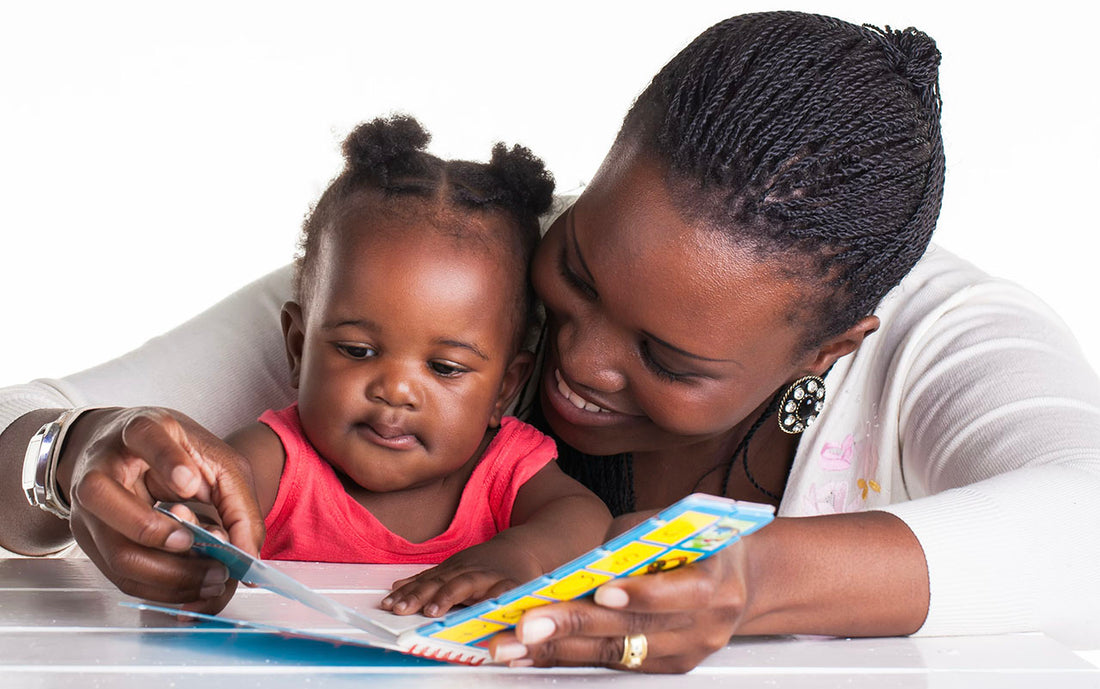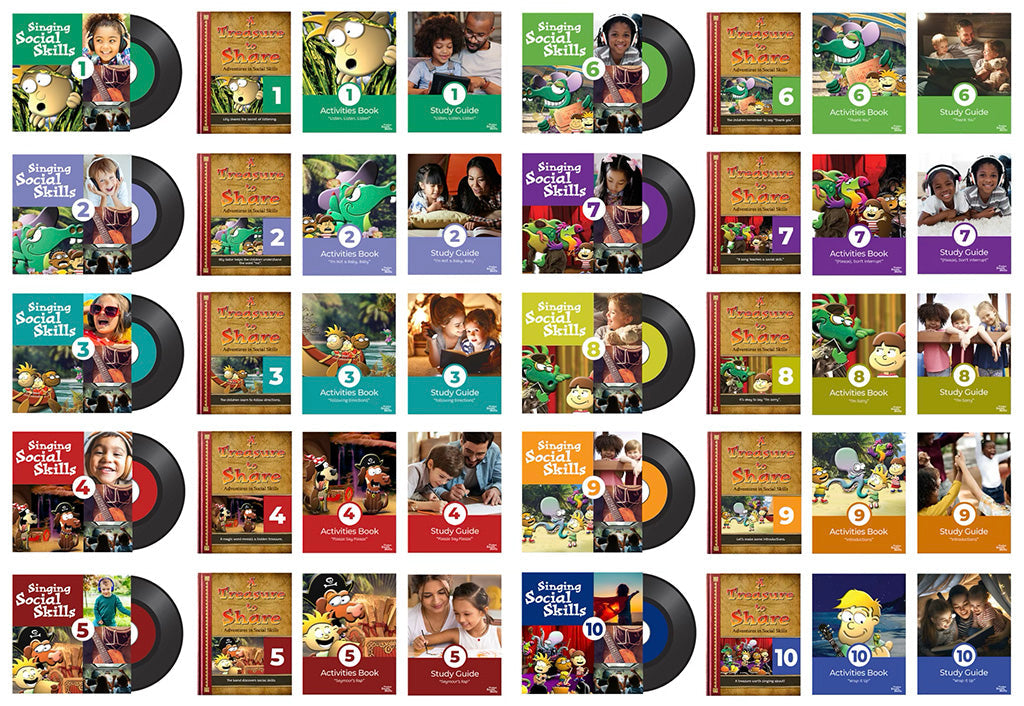
Musical Storytelling: Teaching Empathy Through Lyrics and Performance
Music has a unique ability to connect people emotionally and socially. Through lyrics and performance, musical storytelling becomes a powerful tool for teaching empathy. By exploring the emotions and experiences conveyed in songs, children and adults can develop a deeper understanding of others’ perspectives. Let’s dive into how musical storytelling fosters empathy and why it’s an essential skill to nurture.
1. The Power of Lyrics to Evoke Emotion
Lyrics tell stories that resonate with listeners, often reflecting themes of love, loss, hope, and resilience. By analyzing song lyrics, learners can step into the shoes of the characters or narrators, exploring different emotions and situations. Discussing the meaning behind lyrics encourages critical thinking and emotional awareness.
Activity Idea:
Choose a song with a strong narrative, such as one about overcoming adversity, and ask participants to identify the emotions expressed. Follow up with questions like, “How would you feel in this situation?” to encourage perspective-taking.
2. Role-Playing Through Musical Performance
Performing songs allows individuals to embody different characters and emotions. Whether acting out lyrics or using expressive body language, role-playing helps participants experience what others might feel in similar scenarios. This interactive approach builds emotional intelligence and social sensitivity.
Activity Idea:
Organize a musical skit where each participant takes on a role that requires them to express specific emotions or experiences highlighted in the song. Reflect afterward on how it felt to step into another person’s story.
3. Group Singing and Collaboration
Group singing fosters teamwork, cooperation, and empathy. Harmonizing with others requires listening and responding, creating a shared experience of connection and support. Singing in groups also promotes trust and emotional bonding.
Activity Idea:
Form a choir or singing circle where each member contributes a verse or part of a song. Encourage participants to focus on blending voices and emotions to create a unified performance.
4. Writing Original Songs to Express Feelings
Encouraging individuals to write their own lyrics empowers them to express personal stories and emotions. Sharing these songs with others provides opportunities for empathy, as listeners relate to the songwriter’s experiences.
Activity Idea:
Ask participants to write a short song about a personal experience or an issue they care about. Performances can be followed by group discussions on themes and emotions explored.
5. Musical Reflection and Discussion
After listening to or performing a piece of music, reflecting on its themes can deepen empathy. Discussions about characters’ motivations, struggles, and growth promote an understanding of diverse perspectives.
Activity Idea:
Select a song with a compelling story and facilitate a group discussion. Ask open-ended questions such as, “What do you think motivated the character’s actions?” and “How can we relate this story to real-life situations?”
Final Thoughts
Musical storytelling is more than entertainment—it’s a bridge to understanding emotions and perspectives. Through lyrics and performance, children and adults can explore empathy, build social connections, and improve emotional intelligence. Incorporating musical storytelling into learning activities fosters a culture of compassion and inclusivity.
Ready to inspire empathy through music? Explore our programs at Singing Social Skills and discover how musical storytelling can transform emotional learning for you and your loved ones!




